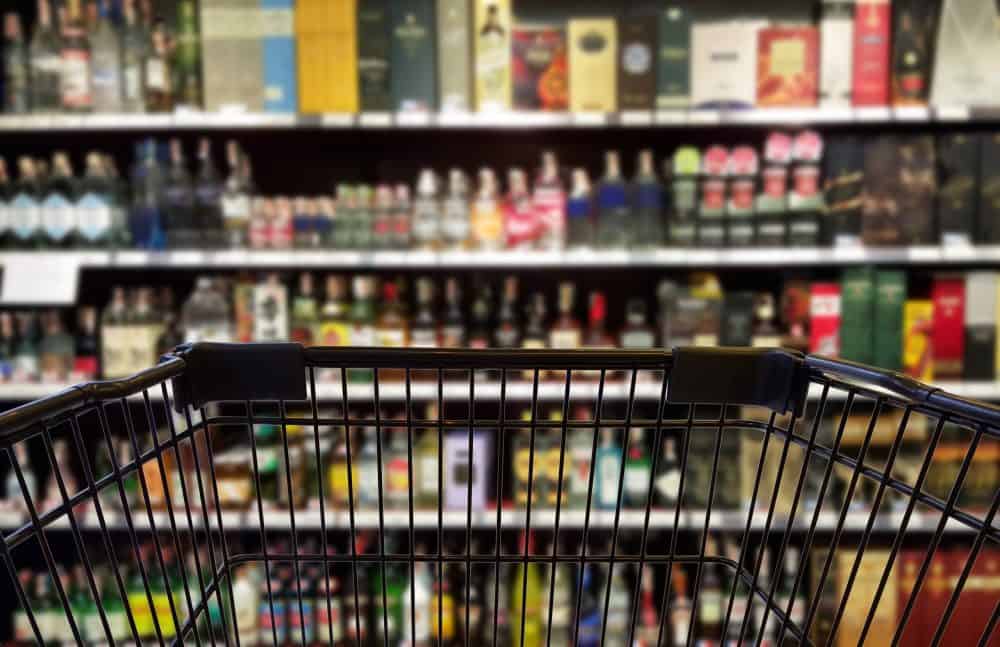Progressive Muscle Relaxation
Posted on August 16, 2024
Progressive Muscle Relaxation: Using My Muscles to Relax My Mind
By Tom Horvath, PhD
Have you had moments when you believed “I cannot relax” or “I cannot relax unless I use?” Have you then used or drank because it was your best method to relax? Sometimes we do need to relax! The good news is that progressive muscle relaxation is one effective method that can work as well (with some practice) and does not have side effects.
Progressive muscle relaxation (PMR) is over100 years old! There is strong scientific evidence of its effectiveness. It has been applied to anxiety, stress, insomnia, depression, sports performance, and other areas. Edmund Jacobson, a physician, developed the technique and wrote several books about it. You can easily find YouTube videos and other sources (such a...
full story





